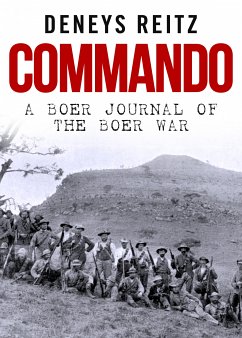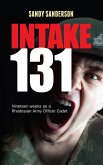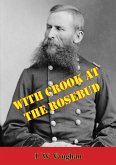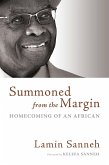This is the account of one such fighting man.
Aged just seventeen Deneys Reitz, son of the ex-President of the Orange Free State and then State Secretary of the South African Republic, took up his rifle and joined the Boer Army.
It was 1899, and tensions between Great Britain and the Transvaal Republic and Orange Free State had reached boiling point.
From their initial strikes into Natal to the surge of British troops and the transition to bloody guerrilla warfare, through luck and family ties Reitz was present at most of the major events.
Not published until 1929, 'Commando' remains one of the most unique and important pieces of literature about the conflict.
J. C. Smuts summed it up best in his preface: "Wars pass, but the human soul endures; the interest is not so much in the war as in the human experience behind it. This book tells the simple straightforward story of what the Boer War meant to one participant in it."
Deneys Reitz (1882-1944) was a Boer solider, lawyer, author and politician. In the aftermath of the Second Boer War, he went into exile alongside his father and brothers, spending time in Madagascar before returning to South Africa and studying law. When WWI swept across the globe he fought alongside the British against the Germans, first in Africa and then on the Western Front, rising to command a battalion.
Dieser Download kann aus rechtlichen Gründen nur mit Rechnungsadresse in A, B, BG, CY, CZ, D, DK, EW, E, FIN, F, GR, H, IRL, I, LT, L, LR, M, NL, PL, P, R, S, SLO, SK ausgeliefert werden.









